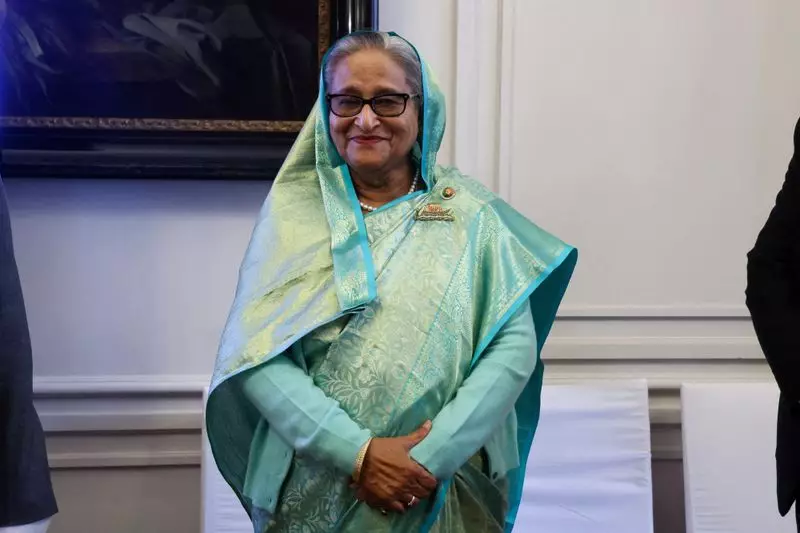
Former Indian Diplomats Decry Bangladesh Tribunal's Ruling
In a significant development that has stirred diplomatic circles, former Indian ambassadors have strongly criticized the recent verdict against Bangladesh's political leader Sheikh Hasina. The condemnation comes after a Bangladesh tribunal delivered a controversial judgment that has been labeled as illegitimate by seasoned diplomats.
The Controversial Verdict Details
On Monday, November 17, 2025, the International Crimes Tribunal (ICT) in Bangladesh sentenced Sheikh Hasina to death in absentia. The ruling was based on charges of 'crimes against humanity' connected to her government's handling of student-led protests during the previous year. The former Prime Minister was not present in the country when the verdict was announced, adding another layer of complexity to the already contentious legal proceeding.
The case stems from allegations concerning the crackdown on student demonstrations that occurred last year. The tribunal asserted that the government's response to the protests constituted severe human rights violations, though the specific details and evidence presented have become a subject of intense debate among international observers and legal experts.
Diplomatic Backlash and Reactions
Several former Indian envoys with extensive experience in South Asian affairs have publicly denounced the tribunal's decision. They characterized the judicial process as 'nothing but a kangaroo court,' suggesting that the proceedings lacked fundamental fairness and judicial independence. This strong language from seasoned diplomats indicates the depth of concern within regional foreign policy circles about the verdict's implications.
The criticism from former Indian diplomats carries significant weight given India's crucial relationship with Bangladesh and the broader geopolitical dynamics in South Asia. These officials, who have previously served in key diplomatic positions involving Bangladesh relations, expressed alarm about the potential consequences for regional stability and democratic norms.
Broader Implications and Future Scenarios
The death sentence against Sheikh Hasina, a prominent political figure with substantial support in Bangladesh, threatens to deepen the existing political divisions within the country. The in-absentia nature of the verdict raises serious questions about its practical implementation and the possibility of extradition proceedings, though such measures appear unlikely given the current political landscape.
International human rights organizations and legal experts are closely monitoring the situation, with many expressing concerns about the use of anti-crime tribunals for what appears to be political targeting. The timing of the verdict, coming amid ongoing political tensions in Bangladesh, has led analysts to speculate about potential motivations behind the judicial action.
As the situation continues to develop, the international community watches carefully how this verdict might affect Bangladesh's domestic politics and its relationships with neighboring countries, particularly India. The strong reaction from former Indian diplomats suggests that this case could have lasting repercussions on bilateral relations and regional diplomacy.





